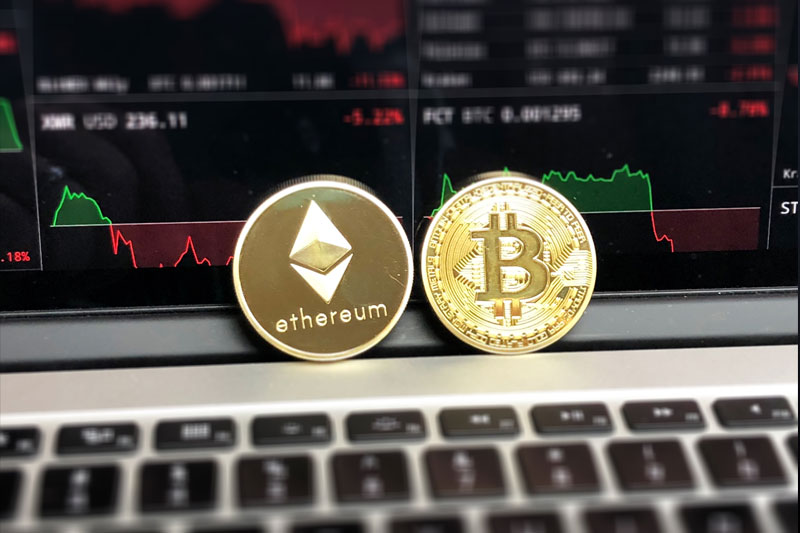Morocco’s Central Bank to Introduce Cryptocurrency Regulation Soon
2022.06.29 00:11

Morocco’s Central Bank to Introduce Cryptocurrency Regulation Soon
- The governor of Morocco’s central bank says a framework for regulating cryptocurrencies is being established.
- In addition, the governor claimed his agency has been in contact with the IMF and World Bank about the criteria.
- The governor says Moroccans wouldn’t adopt crypto without a legal framework.
According to the governor of the Moroccan central bank, Abdellatif Jouahri, a framework law for the regulation of cryptocurrencies is now being drafted by the Moroccan central bank. Additionally, this framework is expected to be submitted in the very near future.
In addition to this information, the governor said that his organization has been in communication with both the International Monetary Fund (IMF) and the World Bank on the standards that would be used.
In March, prior to Jouhari’s most recent comments, the Moroccan central bank said that it was in discussions with two major financial institutions in addition to the central banks of France, Sweden, and Switzerland.
According to the central bank at the time, the meetings’ primary emphasis was on the most effective ways to regulate cryptocurrencies.
The comments that Jouahri made about cryptocurrencies were made in the wake of an uptick in the number of people asking the government to regulate the cryptocurrency business.
The governor of the Central Bank of Morocco maintains that the adoption of cryptocurrencies by Moroccans should not take place until there is a legal framework in place, despite the fact that the future use of cryptocurrencies by Moroccans seems to be unavoidable.
It is impossible for the government to accept cryptocurrencies at this time, according to him, since there are no regulatory or legal frameworks in place on either the national or international level.
He went on to say that the G20 and a number of other nations have emphasized the significance of establishing a regulatory framework for cryptocurrencies like crypto, as well as a regulatory framework for central bank digital currencies (CBDC).
Continue reading on CoinQuora








